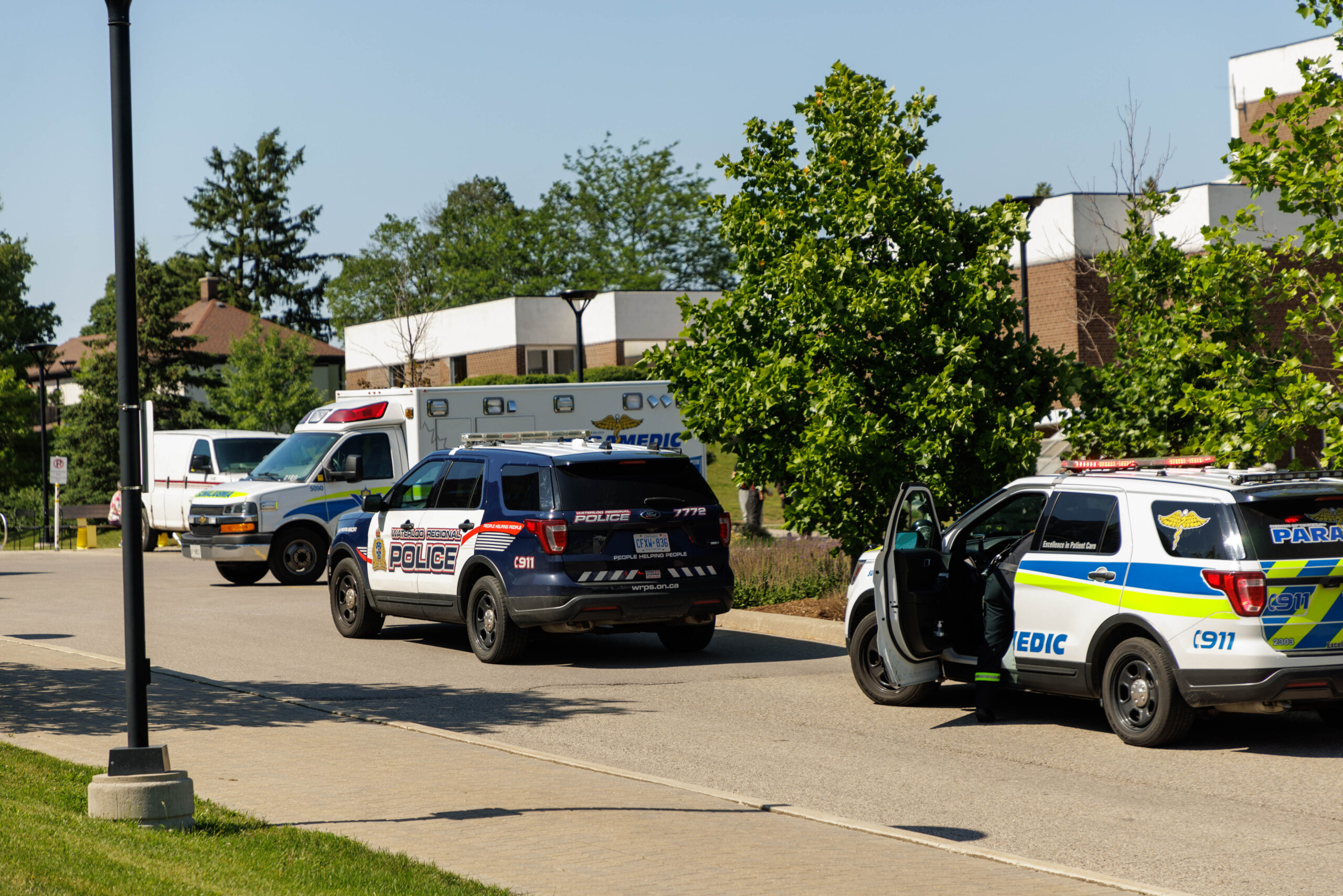From Nov. 6 to 18, representatives from over 190 countries will gather in Sharm El-Sheikh, Egypt for COP27 as the world watches to see what decisions will be made on climate change, decarbonisation efforts and our future.
The University of Waterloo is sending a delegation of four official observers to COP27 through the Waterloo Climate Institute.On Nov. 2, the delegation held a Road to COP27 panel, discussing opinions, key issues and Canada’s role in negotiations.
The term ‘COP’ is short for ‘Conference of the Parties’.
In 1992 during the ‘Earth Summit’ in Rio de Janeiro, the United Nations Framework Convention on Climate Change (UNFCCC) was adopted. This international treaty provides the framework for climate change negotiations of which COP is the decision making body. Every year COP is hosted by a different government and attempts to build on the work and negotiations of previous conferences.
At COP21 in 2015, the ‘Paris Agreement’ was reached. The goal of the Paris Agreement was to limit global warming to below 2 degrees celsius.
Going into COP27 there is an increased sense of urgency since previous goals for climate change reduction, such as the Paris Agreement, have not been met.
Left to right: Ian Rowlands, Isra Saeed, Sarah Burch, Zahid Butt (Image credit: Bethany Pöltl)
“Observers play an enormously important role … the presence of observers enhances the transparency of the negotiations,” said Sarah Burch, executive director for the Waterloo Climate Institute and associate professor of Geography and Environmental Management.
Burch will be acting in multiple roles during COP. At the conference, Canada’s first ever National Adaptation Strategy will be launched, of which Burch was a member of the Strong and Resilient Economy advisory table. The goal of the National Adaptation Strategy is to unite all levels of Canadian government in shared action to build economic and social resilience to climate change.
Zahid Butt, assistant professor at the School of Public Health Sciences, emphasized during the panel, “…We talk about multi sector collaboration… I think that should be strengthened. I think we work in silos. We should be working together. Health, environment, transportation, agriculture all these sectors should be working together.”
This focus on collective action was shared by the delegates.
Irsa Saeed is a PhD candidate in sustainability management with research focused on the eradication of energy injustice in Sub-Saharan Africa. Her message for students is to “…consider that climate change is not only affecting the Global North and Canada specifically but it is an issue that is impacting communities everywhere across the world…COP is a space where grassroots organizations, activists from all over the world gather, exchange their knowledge and find ways to improve the conditions of their own communities.”
Alexandra Ho, the fourth delegate and a Master of Climate Change student with a background in Psychology & English Literature, was already in Egypt at the time of the Road to COP27 panel.
As COP27 is currently underway and we can see the progress being made, it inspires the question: How can the UW population, specifically students, engage in these discussions?
Burch states, “I think that there is a lot of reason for hope. There are lots of really incredible examples of progress on climate change. It seems like an overwhelming problem at times and it certainly is an enormous challenge, but we have clear evidence of actions that are working now around the world. The youth movement and youth engagement in the issue has been a real source of momentum. I think there’s no action too small, engaging on campus and in your community is part of that momentum so I really hope students engage any way they can.”






























